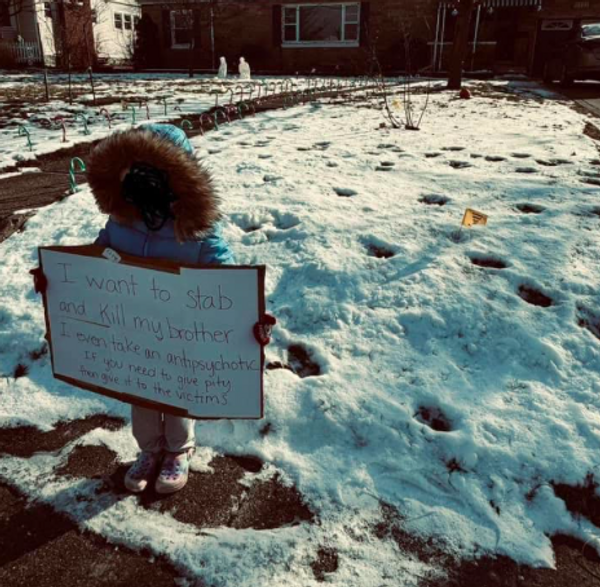
In a legal and political saga that has taken center stage, the debate over whether former President Donald Trump can be removed from ballots based on the 14th Amendment's insurrectionist ban is intensifying. Two states, Maine and Colorado, have already concluded that Trump is ineligible to seek the presidency again, citing the US Constitution. Today, the Oregon Supreme Court is set to rule on the same question, with expectations that Trump's legal team will appeal any decisions against him. Ultimately, legal experts agree that the issue will likely be resolved by the US Supreme Court.
Looking at the situation from a political perspective, the short-term implications could offer some benefit to Trump. As a candidate who thrives on capturing headlines and energizing his base, the recent decisions to remove him from the ballot provide Trump with new enemies to rally against, further igniting his base. However, this strategy may have consequences down the line, as independent voters, Democrats, and others who strongly oppose Trump find themselves increasingly motivated to vote against him.
One notable development comes from California, where state leaders, including Governor Gavin Newsom, have decided that Trump should remain on the ballot. Politically, this decision aims to uphold the principle that the voters should ultimately decide Trump's fate rather than it being determined by technicalities. By allowing citizens to express their opinions on Trump's role in the January 6th insurrection through the ballot box, it is argued that a more stable and widely accepted outcome can be achieved.
While the political decision-making process seems more appealing to some, it is inevitable that the matter will fall under the jurisdiction of the Supreme Court. This raises concerns as any decision reached by the court will undoubtedly be viewed as politically motivated by millions of Americans, potentially creating further instability and controversy. However, historical examples, like the landmark Brown v. Board of Education case where the court sought unanimity to signify progress towards desegregating public schooling, demonstrate the court's capacity to address contentious issues without triggering prolonged social and political turmoil.
In light of recent events, the spotlight has also turned to potential presidential contender, Nikki Haley. Her omission of slavery when discussing the causes of the Civil War has generated significant attention and criticism. Chris Christie, another political figure vying for attention in the race, argues that Haley's evasiveness on key issues such as slavery is rooted in fear of offending segments of the population who hold differing beliefs. While Christie's assessment of Haley might hold some truth, recent polls indicate she has a stronger standing than Christie himself, with her popularity rising while the former governor's support wanes.
As the legal battles regarding Trump's eligibility proceed, and as political figures jockey for position in the next presidential race, the nation watches on with anticipation. The ultimate outcome will have far-reaching implications, shaping the future direction of American politics and potentially influencing the 2024 presidential election. Only time will reveal the full extent of the impact these developments will have on the country's political landscape.







